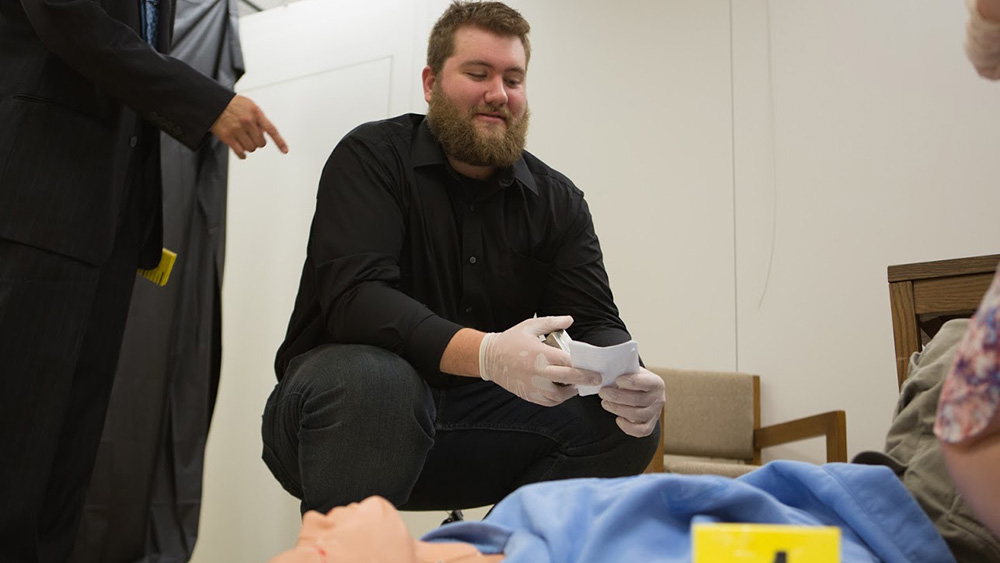About Criminology
Become a top criminal justice professional with specialized knowledge and in-demand skills
If you want in-depth study in criminology, PennWest California can provide you with a strong foundation in this specialized field. Choose PennWest California's comprehensive, nationally ranked and widely respected bachelor's degree program in criminal justice with a concentration in criminology.
In the Bachelor of Science in Criminal Justice program, you'll learn from faculty scholars and skilled professionals with extensive career experience. Their goal is to introduce you to the major functions and operations of the criminal justice field and examine criminal behavior in the field of criminology. PennWest California offers four other concentrations within the B.S. in Criminal Justice degree program:
- General criminal justice.
- Homeland and international security.
- Law and justice.
- Forensic investigation
- Cyber Forensics
Gain a career advantage with PennWest California's highly ranked, hands-on program.
In 2016, BestDegreePrograms.org ranked PennWest California's B.S. in Criminal Justice at #18 in Best Online Bachelor of Criminal Justice Degree Programs.
The B.S. in Criminal Justice program at PennWest California brings together liberal arts and professional courses to develop students' critical thinking and communication skills. You'll be well-prepared to pursue leadership positions in justice-related professions; the B.S. in Criminal Justice also is an excellent foundation for law or graduate school.
Learn about ouraccelerated bachelor's-to-master's degree program.




